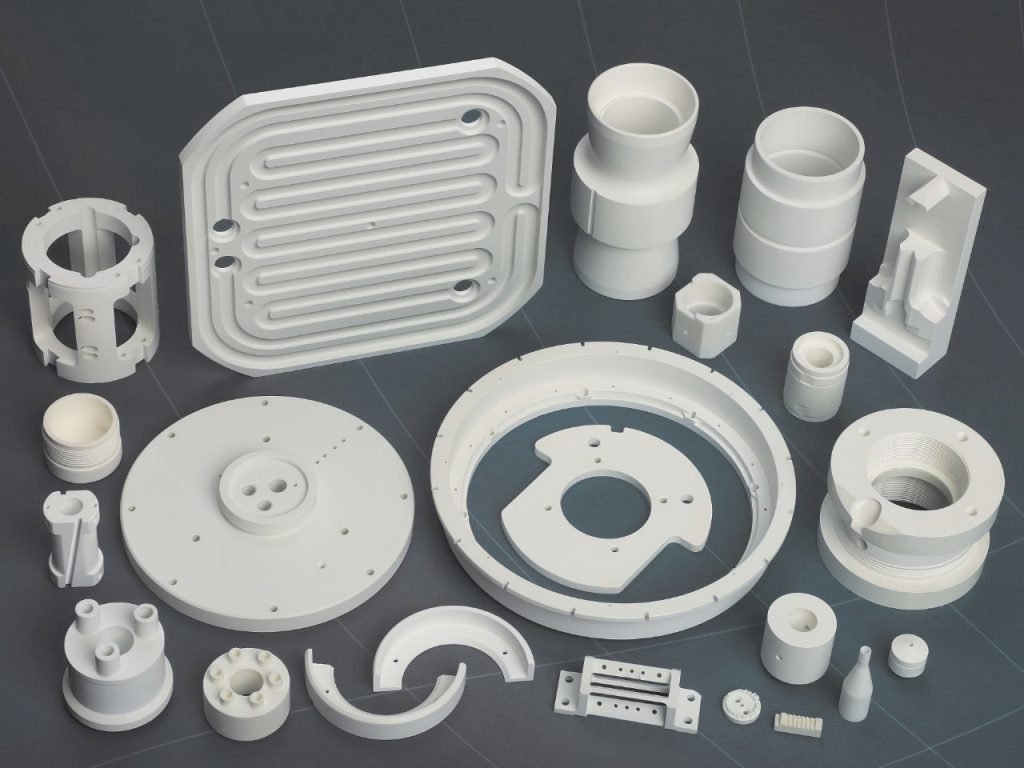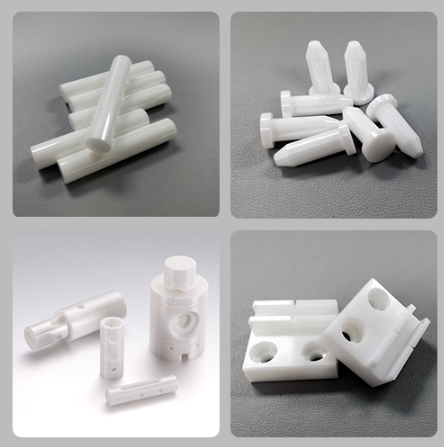Density
Density
Density is the mass of a material per unit volume. The most common expression of this is g/cm3.
Advanced ceramics vary in density but are typically heavier than plastics but lighter than steel. The density range of the most common materials being between 2 and 6 g/cm3 giving ceramics a weight advantage over most metals .

The following are the densities of conventional advanced ceramics
CeramAlox™ Ultra Pure’s compressive strength performance characteristics are the highest compared to all other materials. This is closely followed by Zirconia Toughened Alumina, Silicon Carbide, and Silicon Nitride and others.

Boron Nitride (BN) - Various Grades
1.85 – 2.9 g/cm3
Boron Nitride (BN) is an advanced synthetic ceramic material available in solid and powder form. It has outstanding thermal conductivity, is easy to machine and has low density and excellent electrical properties.

Alumina CeramAlloy™ Ultra Hard

Zirconia (ZrO2) - CeramaZirc™ 3YZ
6.05 g/cm3
A high purity material that offers high strength, wear resistance, and flexibility far beyond those of most other advanced ceramics.

Zirconia (ZrO2) - CeramaZirc™ Ultra Tough
5.7 g/cm3
CeramaZirc Ultra Tough is an advanced zirconia-based ceramic composite material based on partially stabilized zirconia and alumina platelets.
Related Properties

Fracture Toughness
The ability to resist fracture is a mechanical property of materials known as fracture toughness. For advanced ceramics it uses a critical stress intensity factor known as KIC where the fracture normally occurs at the crack terminations.

Density
Density is the mass of a material per unit volume. The unit of measurement can be expressed in different ways and is referred us as g/cm3 but another measurement value is kg/m3.

Hardness
One of the most valuable characteristics of advanced ceramics in high-performance applications is their extreme hardness. Hard ceramic materials are used for a wide range of applications in diverse fields and applications such as cutting tools for milling and grinding.
